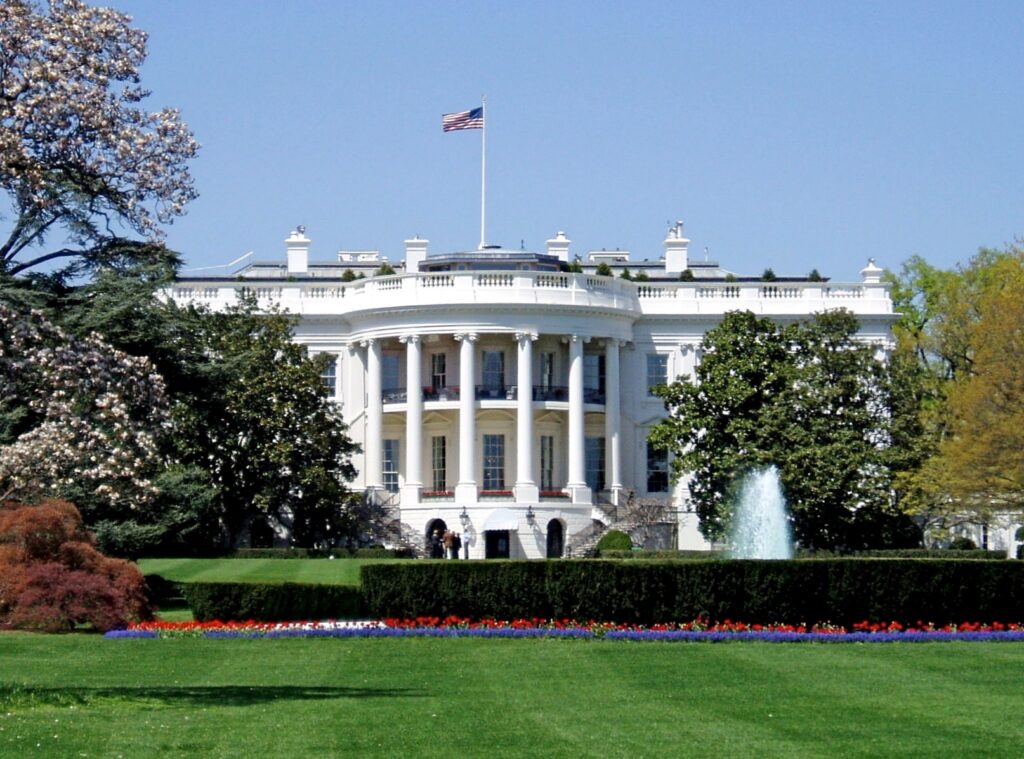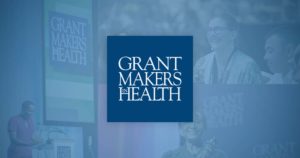The Final Reconciliation Package: Implementation of Key Provisions
On July 4, 2025, H.R. 1, the One Big Beautiful Bill Act, was signed into law. The implementation dates for key health care provisions in the law vary, with some taking effect immediately upon passage and others being implemented over several years. This resource details key dates for the implementation of the law’s most significant health care provisions.
Deadlines in Health-Related Executive Orders and Presidential Memoranda
This GIH policy resource details many of the health-related executive orders issued by the administration and includes a calendar of upcoming implementation deadlines.
Beyond the Exam Room: Impacting Health Outcomes Through Civic Engagement
August marks Civic Health Month, a time to showcase the link between voting and health and celebrate efforts that ensure every voter can support their community’s health at the ballot box. At the same time, the United States is grappling with a health care system ranked 37th globally despite consuming 17 percent of the country’s GDP. With 26 million Americans uninsured and 43 million underinsured, the gap in access to care continues to widen. This crisis will deepen as critical ACA subsidies expire at the end of 2025, potentially leaving 3.8 million more Americans without coverage, in addition to new federal cuts to Medicaid and changes to how coverage is accessed through the health insurance marketplace, which could result in as many as 20 million Americans losing their health insurance.
Prison Diversion Programs: Compelling Social Investments for Foundations
As a relatively small, regional niche foundation, Staunton Farm Foundation reasoned that “improving behavioral health” was too broad an area for us to make a significant impact. Hence, the foundation chose to focus on criminal justice.
GIH Releases New Report on Funder and Advocate Response to Health Reform Implementation
Grantmakers In Health has released “Implementing Health Care Reform: Funders and Advocates Respond to the Challenge”, a report based on over 40 interviews with national and state grantmakers and advocacy organizations about their initial work around implementation.
Board Service: From in Perpetuity to Term Limits
Twenty-five years ago in 1985, The Health Foundation
of Greater Indianapolis was created with proceeds
from the sale of MetroHealth, one of the first
statewide, staff-model Health Maintenance Organizations
(HMOs). As an independent, not-for-profit grantmaker, the
foundation has been, and is still, dedicated to preserving and
enhancing the physical, mental, and social health of the
Greater Indianapolis community.
Building the Community Health Worker Field through Partnership and Innovation
Minnesota is home to the country’s largest Somali and
second-largest Hmong populations and has significant numbers of immigrants from Central and
South America, Asia, Africa, and Europe. It is also home to the
largest urban population of Native Americans. With many
cultures come many different beliefs on health and illness, and
treatment and prevention options.
Giving Voice to Oral Health in Kansas: Benefits of Long-Term Commitment
Someone recently used the term philanthropy du jour,
and it was not meant as a positive appellation. As a field,
we increasingly see longevity as virtue whether it comes
under the guise of general operating support, capacity building, or place-based or strategic grantmaking. The work of the
United Methodist Health Ministry Fund in a single field –
oral health – began in late 1998. My reflections attempt to
capture the results of this extended $11-million initiative.




